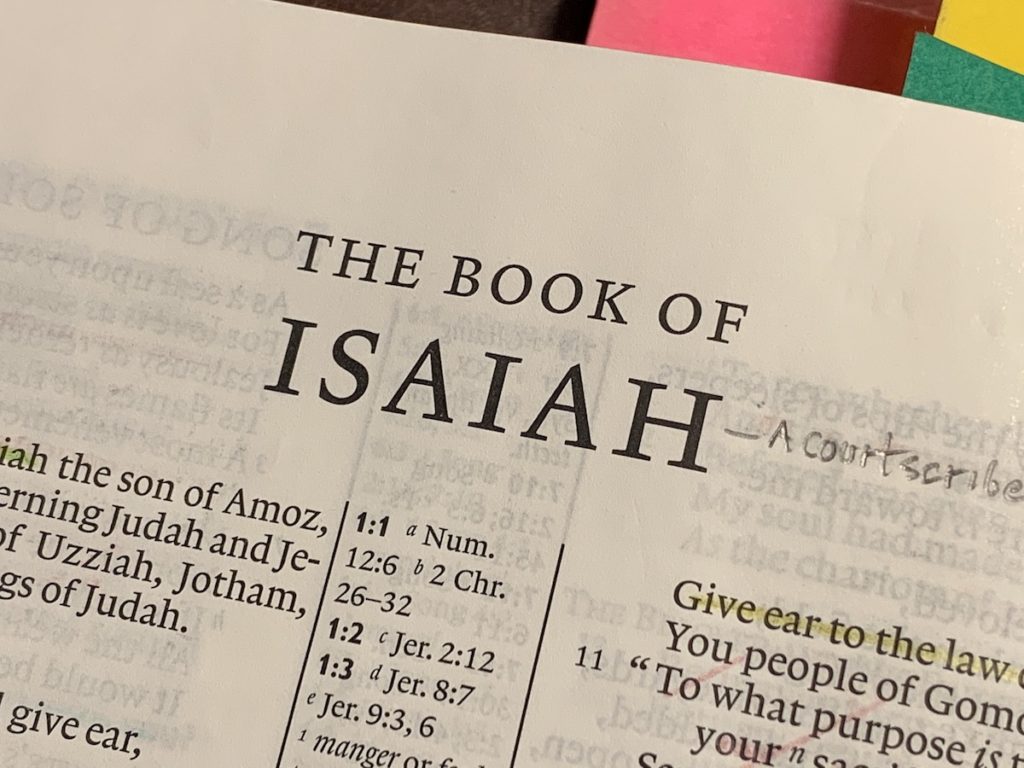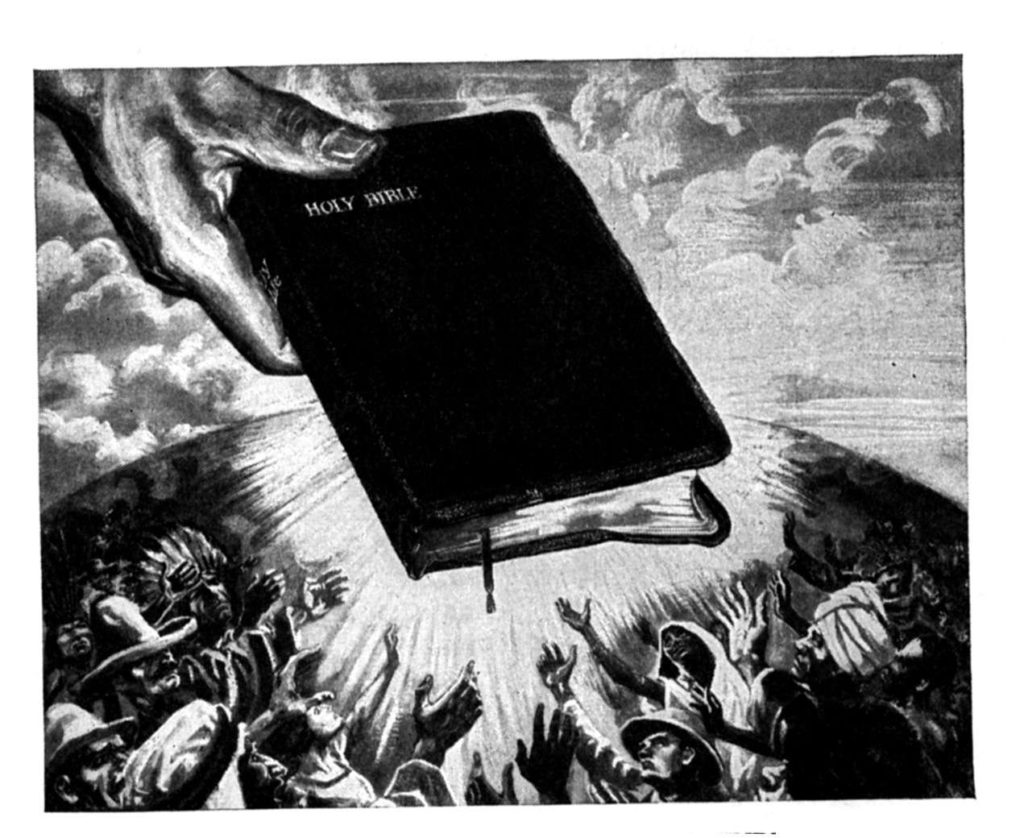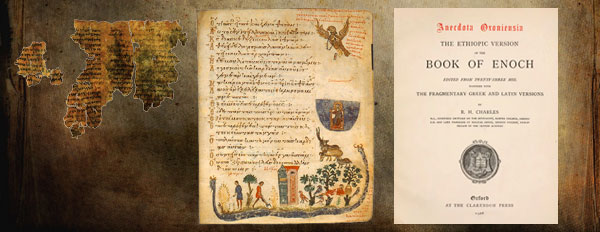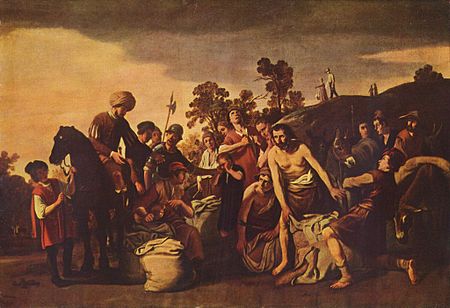
How many times have you read the Song of Solomon? Probably not too many. What do you do this book? How do you interpret it? What’s the significance of it to the life of the redeemed believer? Is it merely a flowery Hebraic love poem or does it contain some hidden, deeper spiritual message? Bible commentators have various views on the meaning and significance of this little book. Most Bible students kind of leave it alone assigning it to the category of somewhat irrelevant Hebraic love poetry, and there it sits, gathering dust on the shelf as we’re not sure what to do with it. Well, it’s time to take his book down off the shelf and blow the dust off it and examine it through enlightened eyes to see what wonderful, hidden, deep spiritual mysteries and truths it contains with regard to our common salvation.
Many years ago, YHVH revealed to me the hidden message behind the Song of Solomon. It has to do with the betrothal, wedding and the happy married life of YHVH Elohim/Yeshua and his bride—redeemed Israel, or the Israel of Elohim as Paul describes the saints in Galatians 6:16. This is the story, the spiritual journey of not only a nation—redeemed Israel, but of the individual as well. You can plug yourself into the continuum of this odyssey.
I’ve been sitting on this commentary for twelve or thirteen years, and this is the first time that I’ve published it. I pray that it blesses you.
The Song of Solomon—The Outline of the Song of Solomon as It Relates to the Biblical Hebrew Wedding
The Three Main Phases to the Jewish Wedding and the Biblical Feasts
1) Betrothal (Shitre Erusin) – Passover, Unleavened Bread and Pentecost
2) Consummation and the Wedding Feast (Nesuim) – The Feast of Trumpets, Day of Atonement and Feast of Tabernacles
3) Together for Eternity (Olam Haba) – The Eighth Day picturing the New Jerusalem
Overview of the Song of Solomon: The Three Main Phases and Sub-Phases of the Wedding in the Song of Solomon
Song 1:1–3:5 — The Betrothal Phase (Erusin)

a) The Ketubah. The young man prepares a marriage contract or covenant which he presents to the young woman and her father called a ketubah (writing). This is a formal written document which stipulates the terms of the proposal he is making.
b) The Bride’s Price or Mohar. This is the price the young man is willing to pay the father for the father’s permission for the young man to marry his daughter.
c) The Cup of Acceptance. If the marriage contract and the bride’s price are acceptable to the father, the young man would pour a cup of wine for his intended and would hold it out to her. If she would accept it and drink it then this would be her acceptance of his proposal. The bridegroom would then prepare for the joyous occasion of the upcoming marriage by bringing gifts for his beloved which would be tokens of his love for her. After the young man left to return to his father’s home, the bride would begin to prepare herself for the upcoming marriage ceremony. She would start with a ceremonial cleansing (or mikveh) whereby she would purify herself in preparation for her husband. At this point the young couple were betrothed.
The Preparation Phase
a) The groom would go to prepare a place for her. Though the couple was legally bound in marriage they would not cohabit. The groom would return to his father’s house and begin to prepare a wedding (honeymoon) chamber for his wife. This process would take up to a year or more. Only when the father of the groom would approve that the chamber was ready would the groom be released to get his bride.
b) The bride would make herself ready. While the groom was preparing a place for his bride, she would be busy preparing herself by making herself beautiful. When the young bride would leave the house she would wear a veil to show that she was “spoken for” and that she was no longer available since she was “bought with a price”. She was consecrated to her bridegroom.
Song 3:6–6:1 — The Reunion Phase
a) Upon receiving word from the father the wedding chamber was complete, the groom would steal away to fetch his bride. She would not know the day or the hour of his coming, so she had to be continually ready for his arrival. She had to be ready at a moment’s notice. She and her bridesmaids had to make sure they had plenty of oil in their lamps in case he came at night.
b) Coming for the bride. The coming of the groom would be a surprise to the bride. He would come accompanied by his two groomsmen (or two witnesses). When the wedding party would get close to the bride’s house they would give a shout and blow the ram’s horn (shofar) to let the bride know they were coming. They would charge right into the house and carry off the bride and bridesmaids.
Song 3:6–8:4 — The Wedding Phase or Nuptials (Nesuim)
c) The wedding party would arrive at the groom’s father’s house where the newlyweds would enter the wedding chamber and consummate the marriage and honeymoon for seven days. This established their covenant union. During intercourse, blood is spilled proving that the bride was a virgin.
The Celebration Phase
The celebration would last for seven days while the newlyweds are in celebrating their honeymoon. Following this would be the marriage supper which is given in honor of the newlyweds.
Song 8:5–14 — Eternity Together (Olam Haba)
The newly married couple begins life together.
Erusin/Betrothal/Engagement or Kidushim (i.e. becoming set-apart) (Song 1:1–3:5)
Natan’s Commentary on the Song of Solomon
In this section, the bride and bridegroom are falling in love; getting to know each other, have minimal contact, and are separated from each other except for brief rendezvous.
The Betrothal Phase (Erusin) Part 1—Getting to Know Each Other/Falling in Love (Song 1:1–2:7)
Song 1
Continue reading





